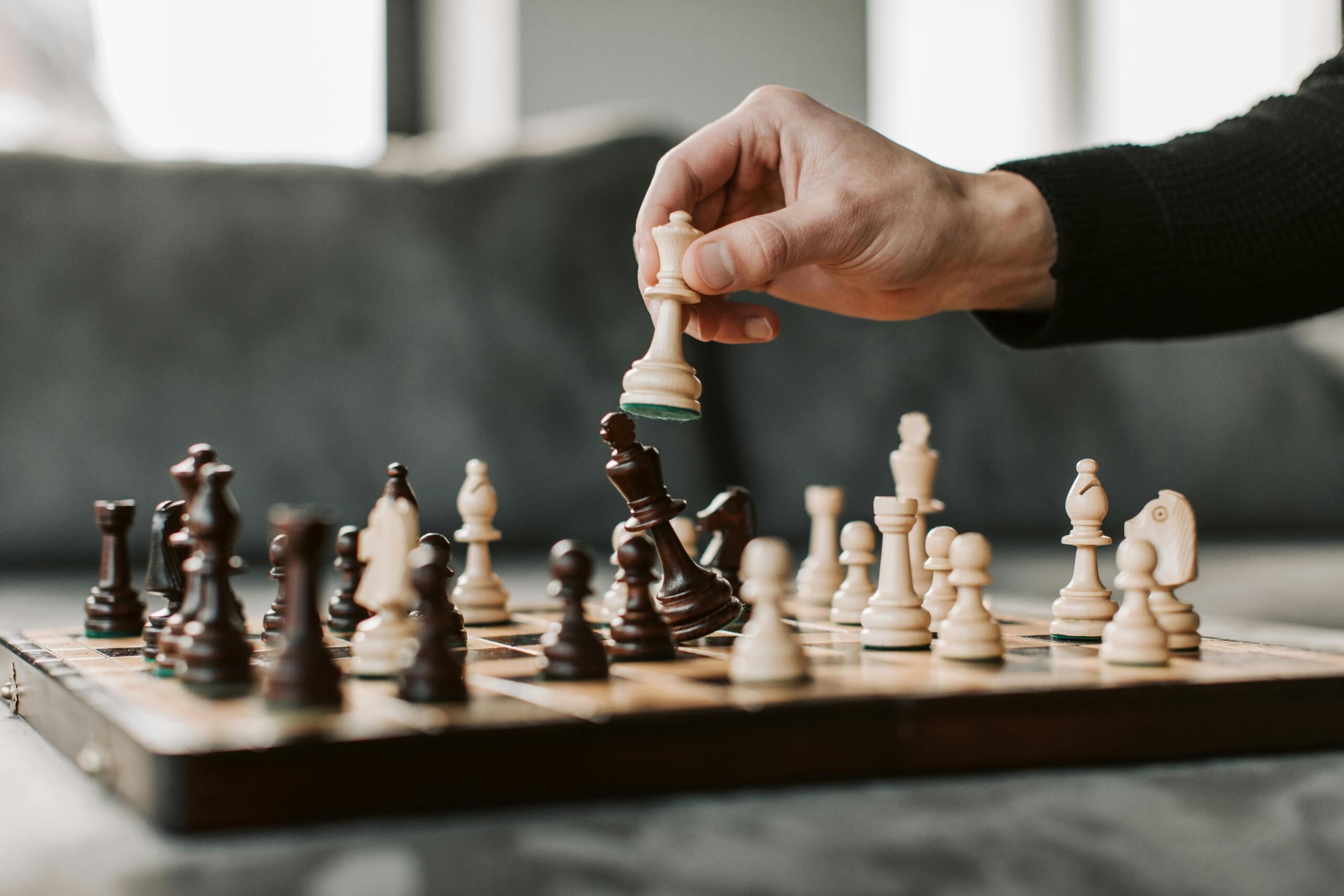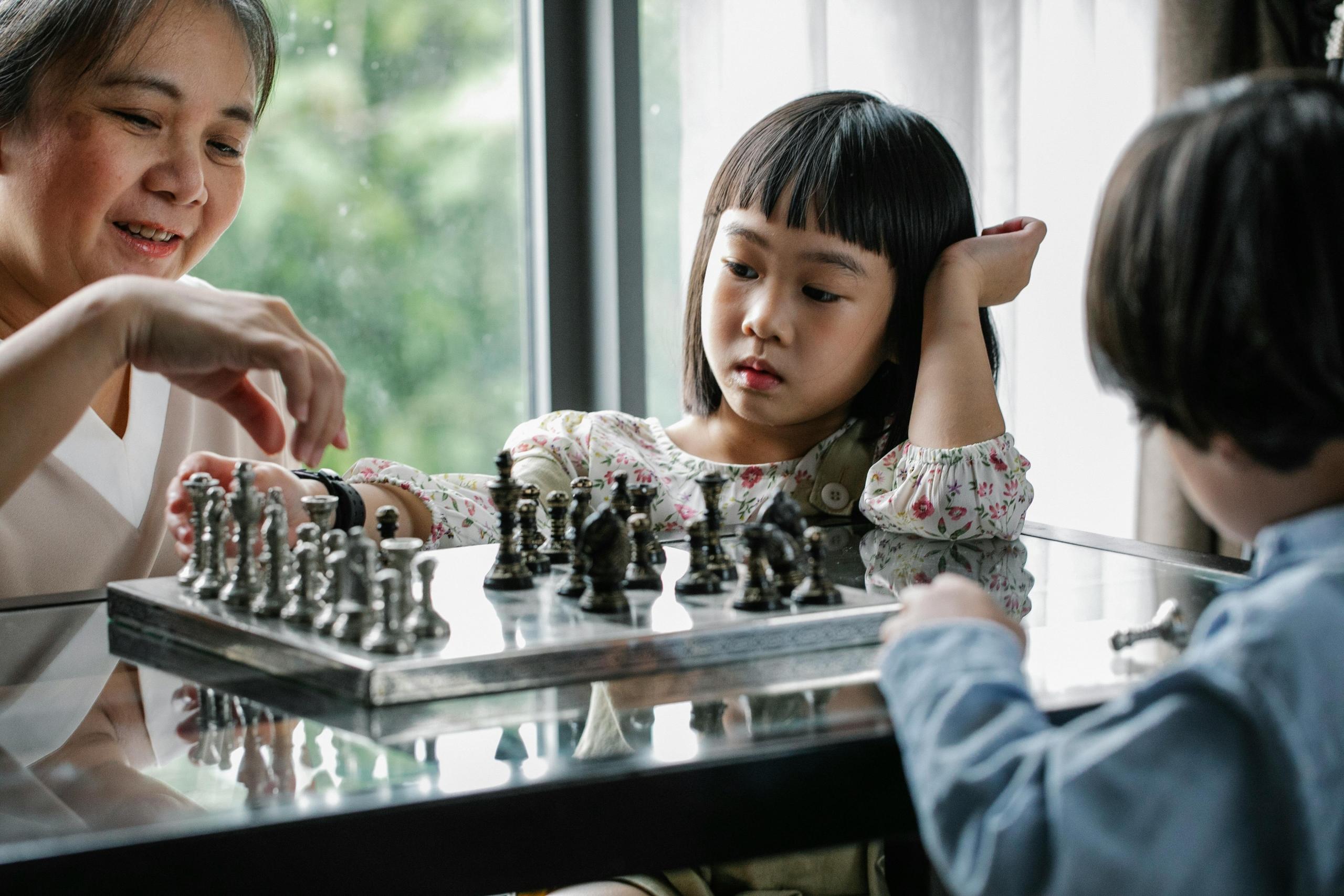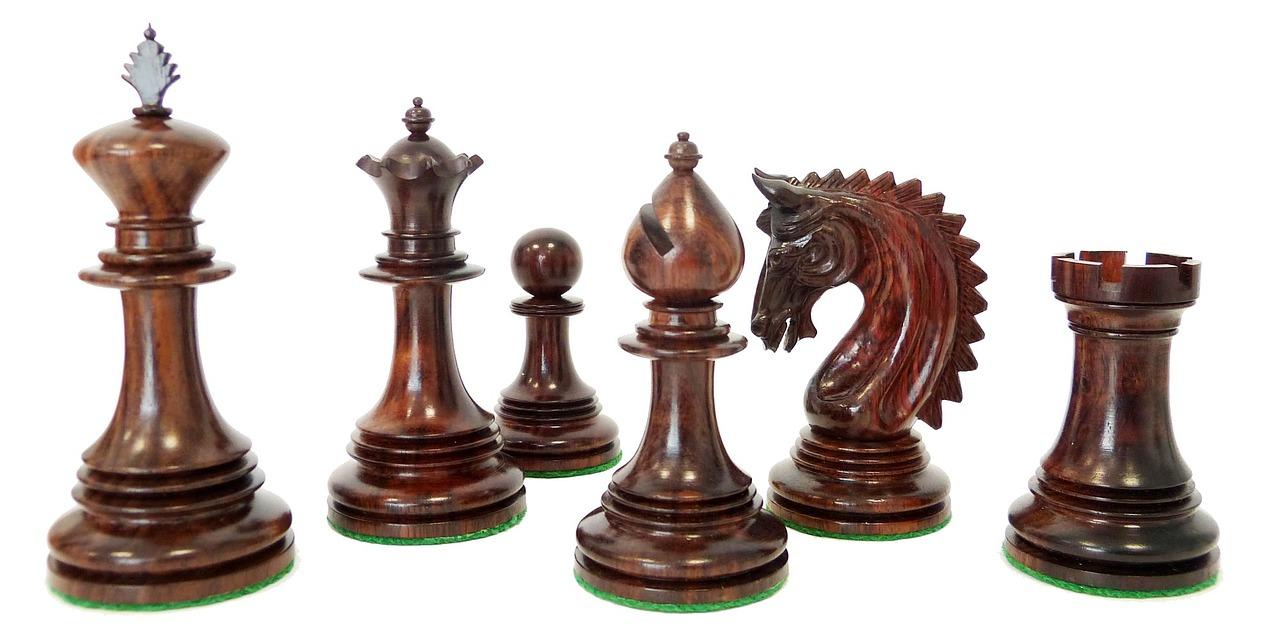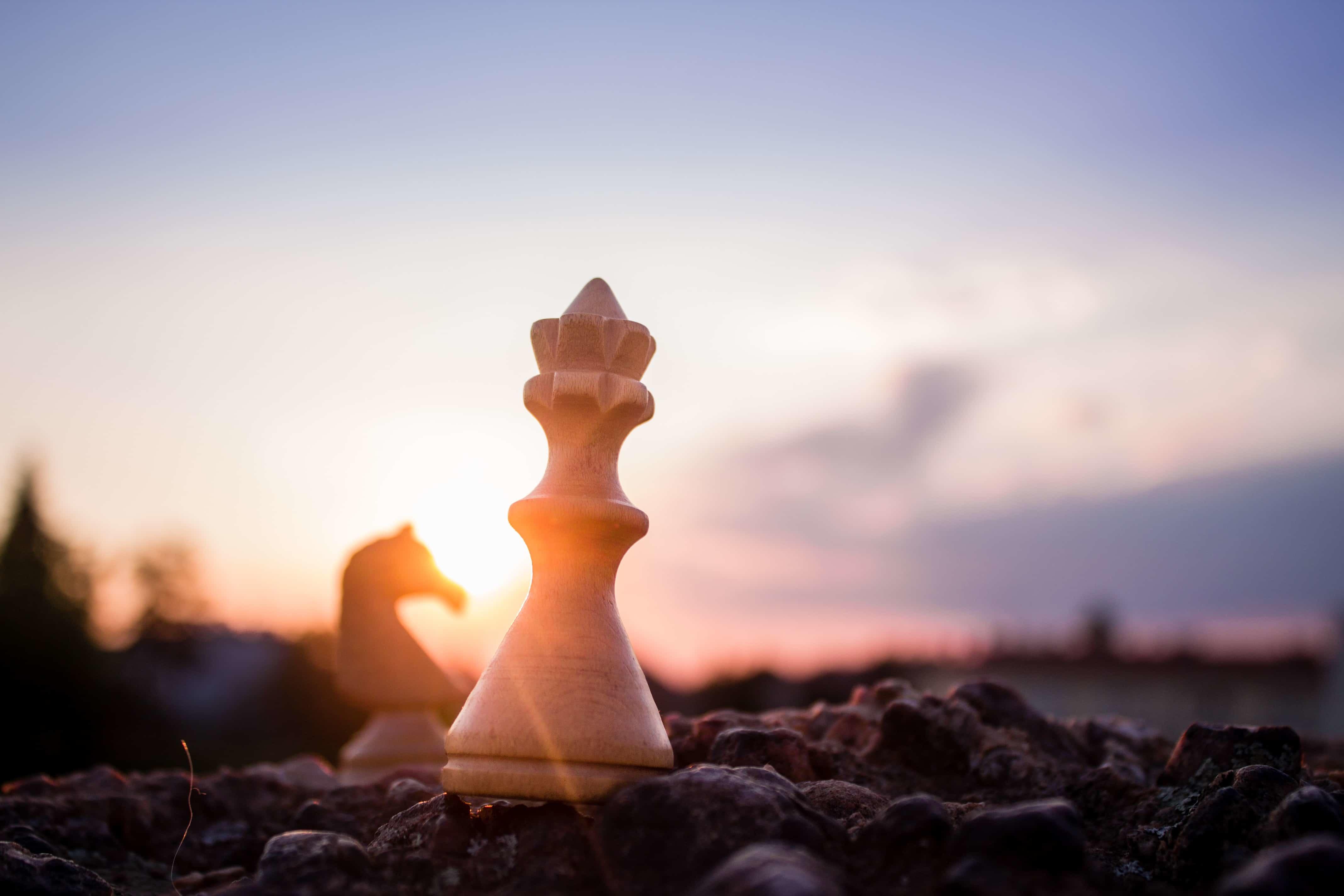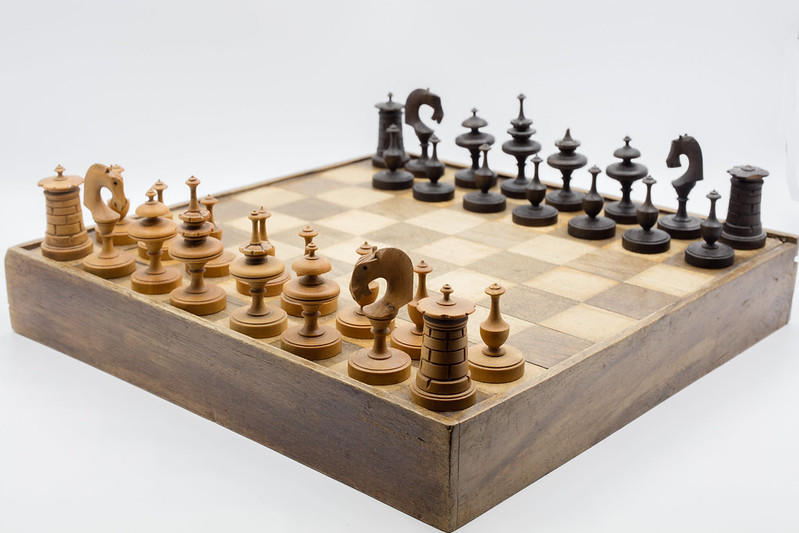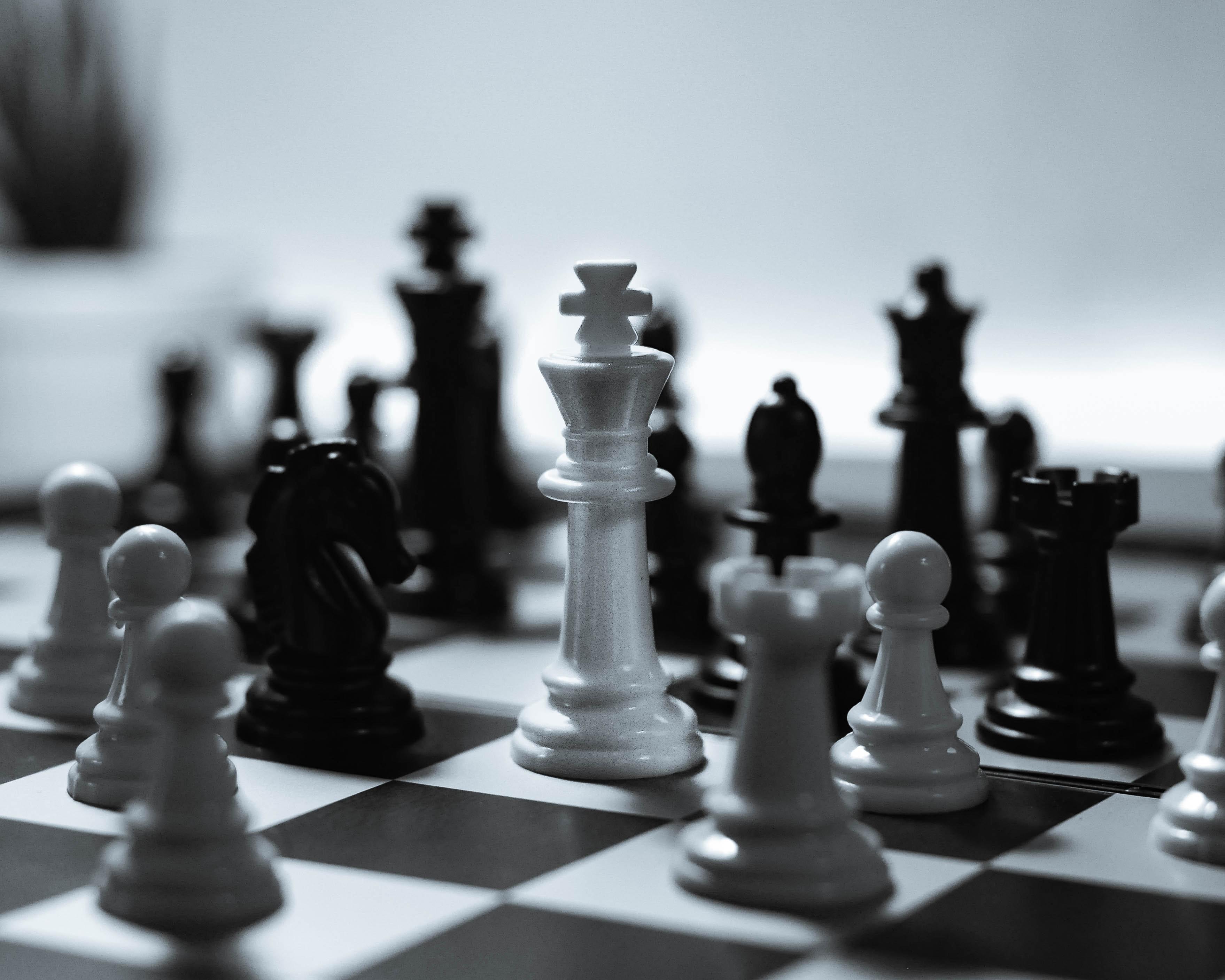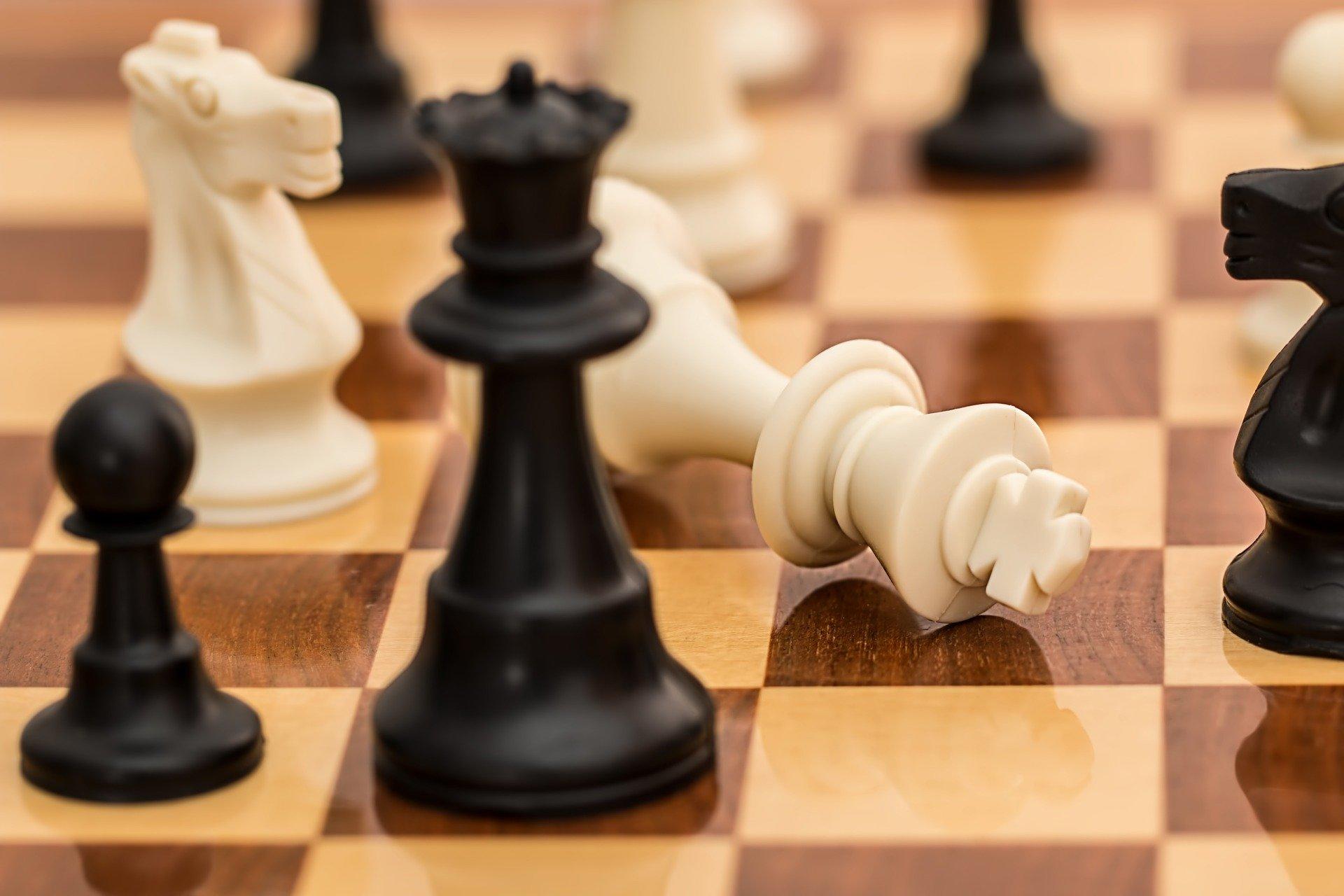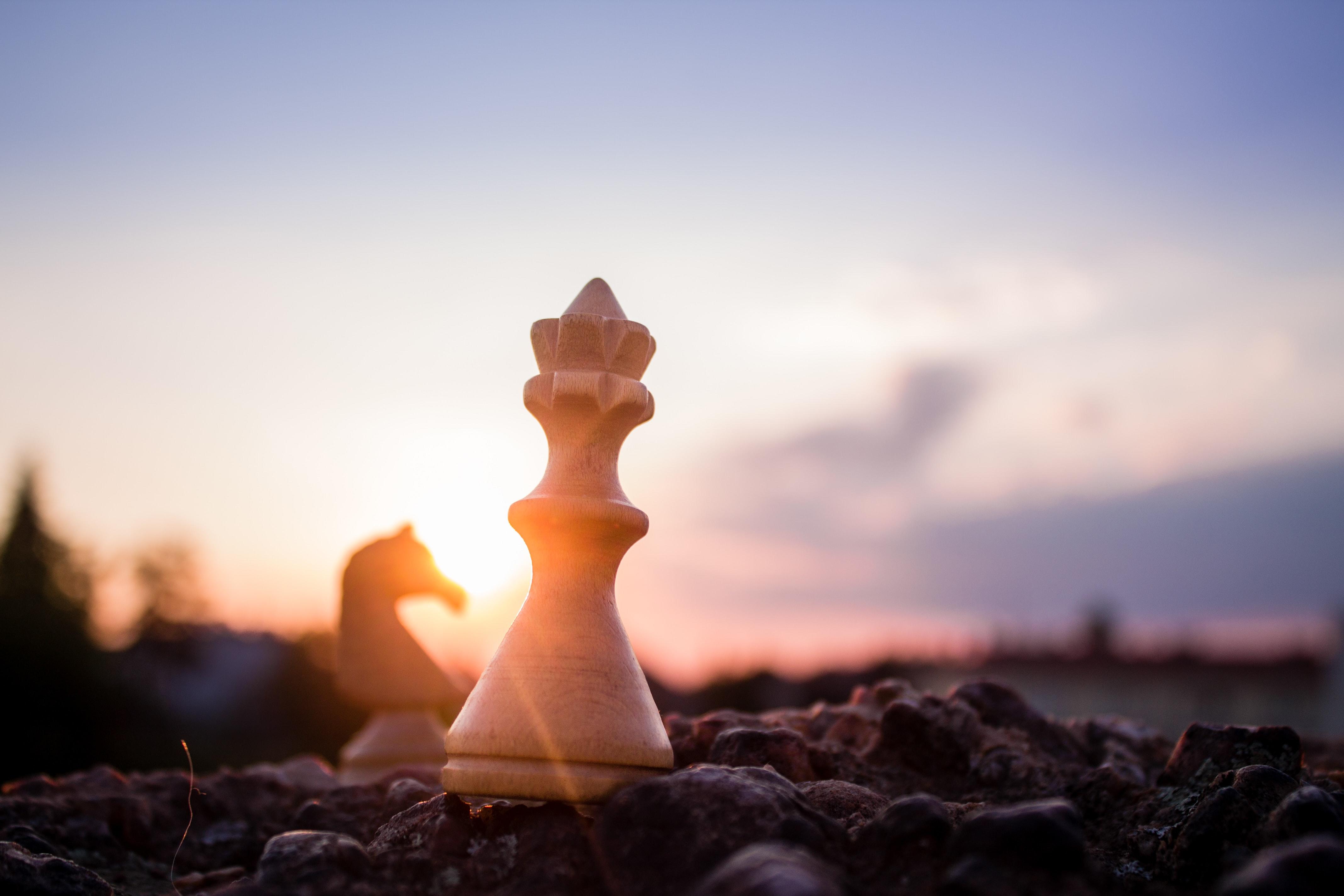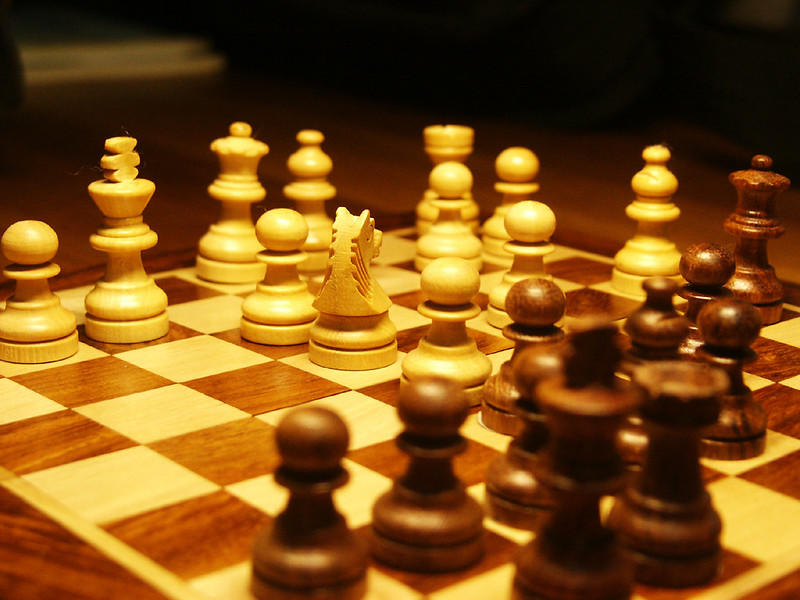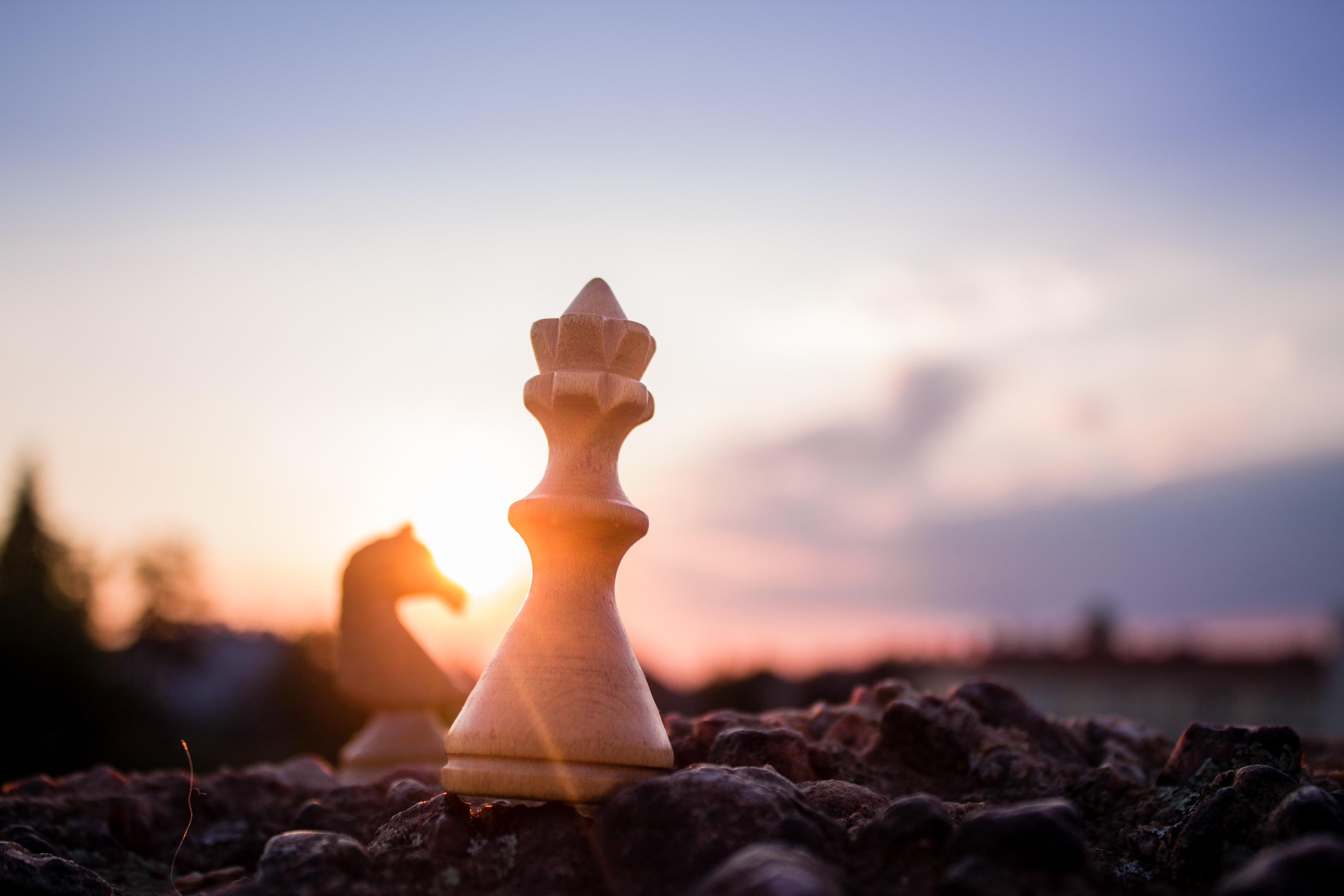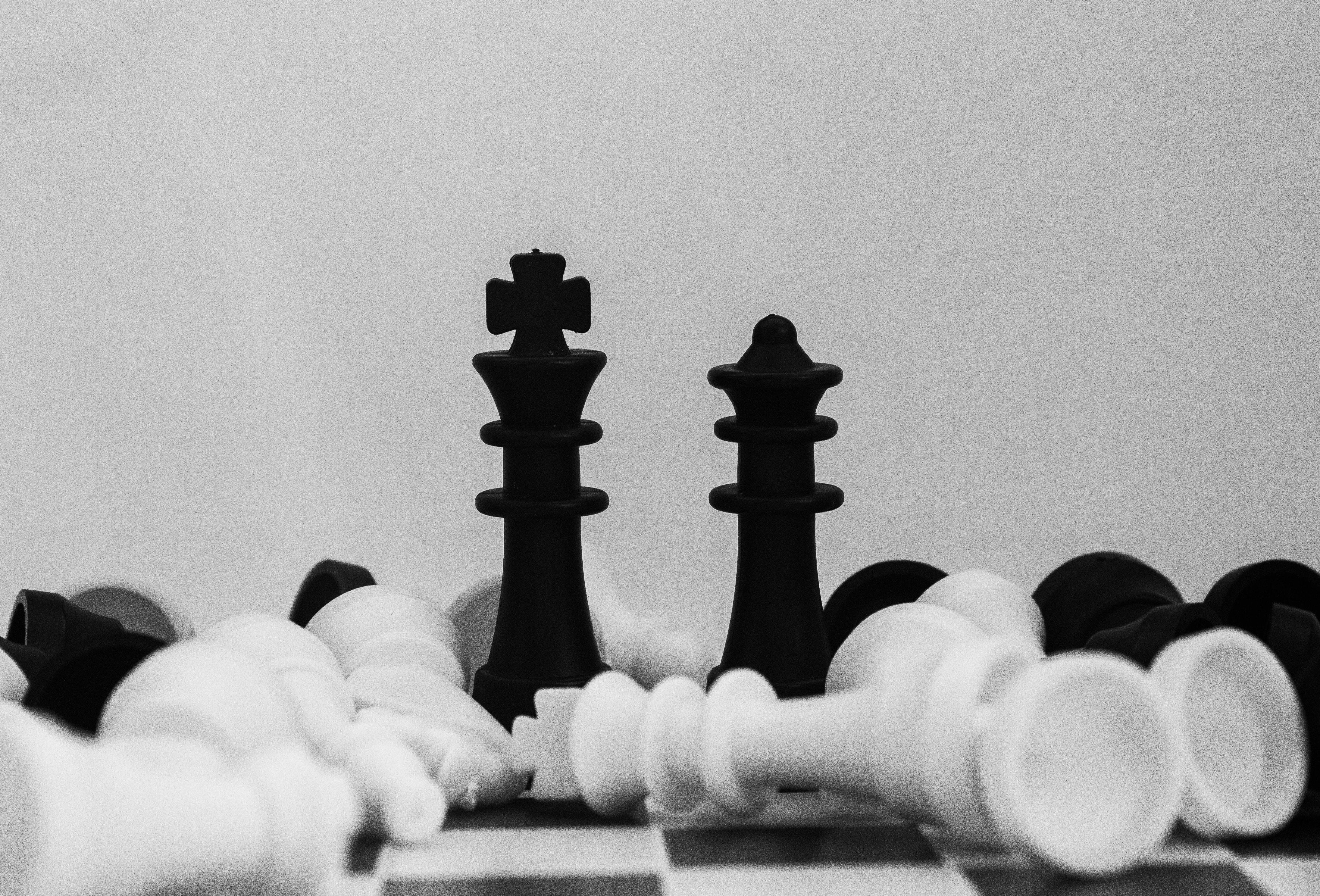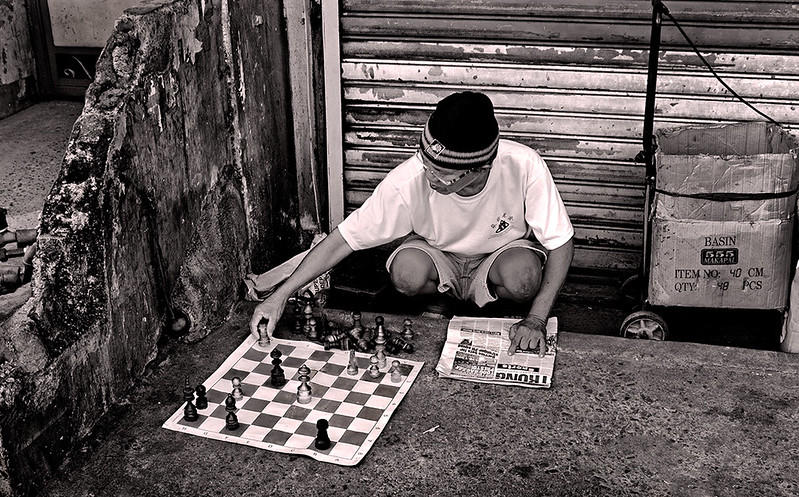A Beginner's Guide for How to Play Chess Every chess master was once a beginner. Irving Chernev People that aspire to play chess are following in the footsteps of giants. Chess is a game that has fascinated some of the greatest minds in history. Many young people start learning chess because they love gaming, have[…]
28 June 2024∙13 minutes to read
Chess Has Many Faces To see chess as just a game does not do it justice. To think of it as the narrative around which an award-winning Netflix series was built definitely sells it way short and to think of chess as Dullness Incorporated misses the mark entirely. Remarkably, some people do think of chess[…]
7 September 2021∙7 minutes to read
Of Art and Chess If you're any kind of chess fan, you know the moves, strategies and gambits have a beauty all their own. And clinching your first tournament win? What a beautiful feeling! Beauty is generally a quality associated with art in all its forms. Can chess - a beautiful game, be associated with[…]
4 September 2021∙7 minutes to read
Chess is an extremely popular pastime for many people in the UK. Not only is chess a fun way to pass an afternoon, but it also provides a number of benefits. Chess helps you to improve your memory, develops rational thinking, exercises the brain, and can even make you more intelligent!
If you are interested in learning to play chess, why not take private sessions with a chess teacher?
History of Chess Now’s as good a time as any to learn about the cerebral game of chess. Off the back of the hit show ‘Queen’s Gambit’ on streaming platform Netflix, the popularity of the classic board game is on the rise. What’s more, due to the COVID-19 pandemic which for some was a stark[…]
20 July 2021∙7 minutes to read
Seven Top Chess Openings to Improve Your Game In chess as in everything else, humans are fickle. Some players are mad for speed chess or blitz chess while others consider themselves chess purists: only conventional games will satisfy. Some particularly enjoy the middlegame while, for others, the endgame is what really counts. And, at any[…]
13 July 2021∙7 minutes to read
What Skills Do You Need for a Good Chess Strategy? "Life is like a game of chess. To win, you have to make a move. Knowing which move to make comes with in-sight and knowledge and by learning the lessons that are accumulated along the way. We become each and every piece within the game[…]
21 June 2021∙7 minutes to read
How to Use the Different Pieces in Chess “In chess, as a purely intellectual game, where randomness is excluded, - for someone to play against himself is absurd ... It is as paradoxical, as attempting to jump over his own shadow.” - Stefan Zweig Chess is a board game that’s existed for centuries and is[…]
15 June 2021∙6 minutes to read
Chess for Children Chess is a cerebral board game that requires quick thinking and sharp decision-making skills. These are just a few of the reasons to get your kids into the game from an early age. However, there are many more since chess poses unique problems and forces the player to adapt to emerging situations[…]
14 June 2021∙13 minutes to read
How The Most Famous Chess Players Met With Fame There's a 12-year-old American chess player about to break a few longstanding records. Abhimanyu Mishra learned how to play chess when he was just two-and-a-half years old. When he was seven - the age when most children are only just getting used to primary school, he[…]
16 May 2021∙7 minutes to read
Analysing the Best Chess Resources for Learners "You can learn new things at any time in your life if you're willing to be a beginner. If you actually learn to like being a beginner, the whole world opens up to you." -Barbara Sher Do you like the process of starting over and learning new things?[…]
5 May 2021∙7 minutes to read
How to Play Chess “The game of chess is not merely an idle amusement. Several very valuable qualities of the mind, useful in the course of human life, are to be acquired or strengthened by it… Life is a kind of chess, in which we have often points to gain, and competitors or adversaries to[…]
26 April 2021∙8 minutes to read
The Beginner's Guide to Chess Strategy Life conditions lately have necessitated finding pastimes that, in normal circumstances, we might not have embraced. Turning into a couch potato is a fine example of such; it's hard to imagine anyone wanting to remain confined at home, doing nothing but watching television. Indeed, binge-watching entire series in one[…]
13 April 2021∙7 minutes to read
In Canada, chess is more than a game – it’s a powerful tool for cognitive development, strategy, and lifelong learning.
From school clubs to national tournaments, chess offers players of all ages a chance to build focus, discipline, and critical thinking in an engaging and competitive environment.
Behind every strong player is practice, patience, and problem-solving – a mental workout that benefits academic and personal success alike.
Whether you’re a complete beginner or aiming to improve your rating, learning chess is a rewarding pursuit that sharpens the mind and opens new opportunities.
Why learn chess?
Chess develops skills that extend far beyond the board. Here’s why more Canadians are turning to chess:
- Strategic thinking – Chess teaches you how to think several steps ahead, evaluate risks, and make informed decisions.
- Focus & discipline – Success in chess requires sustained attention, planning, and reflection.
- Academic & personal growth – Chess improves memory, math skills, and resilience, making it especially valuable for students.
Even if you don’t compete professionally, chess is an enjoyable way to challenge yourself and stay mentally sharp.
What is chess?
Chess is a strategic board game played between two players, with the goal of checkmating the opponent’s king. Learning the game involves:
- Basic rules & setup – Understanding the board, how each piece moves, and the goal of the game
- Tactics & combinations – Spotting opportunities like forks, pins, skewers, and checkmates-in-one.
- Opening principles – Developing pieces, controlling the center, and preparing for the middle game.
- Middle game strategy – Planning attacks, defending positions, and managing space and material.
- Endgame technique – Knowing how to convert small advantages into wins or force draws.
These core elements help you develop a well-rounded skill set and compete with confidence.
What tools do you need to learn chess?
You don’t need much to start playing – just the right resources and a love of learning:
- Chess set & board – A basic set is perfect for practice at home or school.
- Online platforms – Websites and apps offer lessons, puzzles, and live games against global opponents.
- Books & videos – From beginner guides to advanced tactics, there’s endless material to explore
- Coaches or mentors – Personalized instruction helps you identify weaknesses and build strategy.
Consistent practice and thoughtful study are the keys to growth in chess.
What careers or goals can chess support?
While some pursue competitive chess professionally, the skills developed through the game support many other goals, such as:
- Chess coach or instructor
- Tournament player or arbiter
- Game designer or strategist
- Math or logic tutor
- Youth mentor or educator
- Event coordinator for clubs or camps
- Critical thinking trainer
Whether your aim is competition, coaching, or cognitive development, chess offers a path to personal and professional enrichment.

